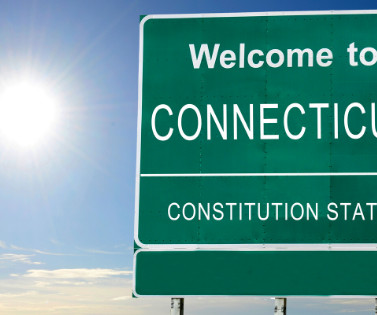Conn. Regulator Reduces Fine Against Collection Law Firm to $20k
Account Recovery
AUGUST 31, 2023
The Connecticut Department of Banking has reduced the fine against a law firm that was operating in the state without a consumer collection agency license to $20,000 from $100,000, largely on the basis that the law firm is no longer in business. A copy of the order with the Law Offices of David M.












Let's personalize your content